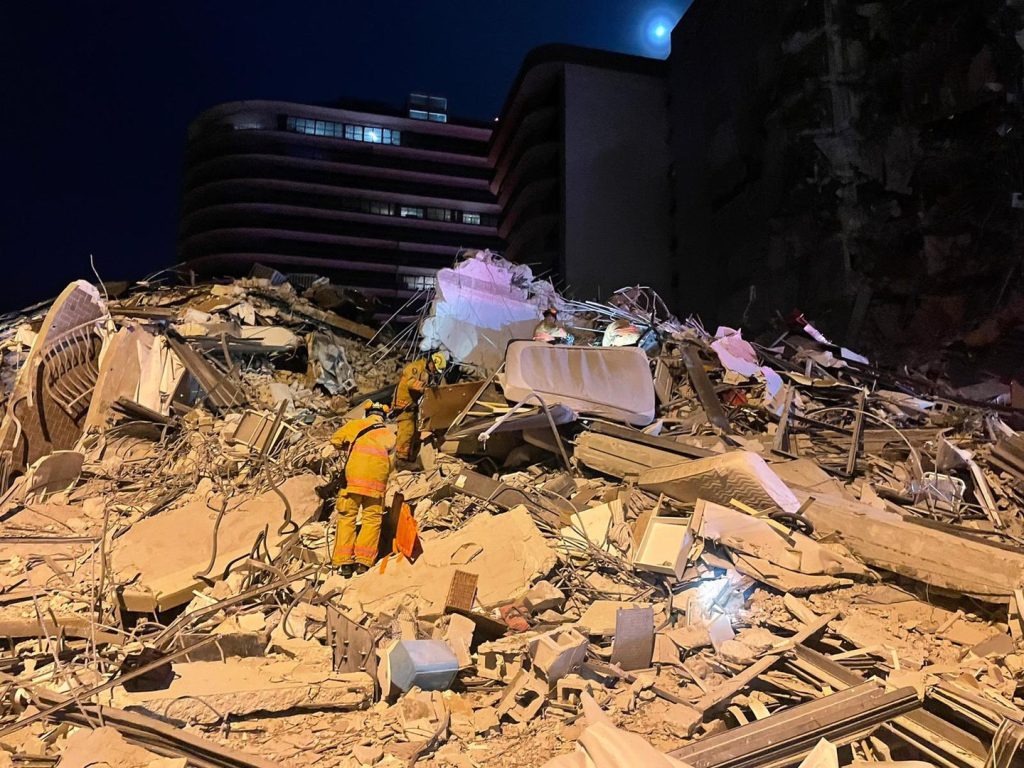
Article Summary
Following the collapse of the Champlain Tower South condominium in Surfside, Florida, enacted HB 913 to prevent similar tragedies in the future. This law introduces stricter inspection schedules and new reserve funding requirements for condominium buildings, especially high-rises. If you’re part of a condo board or property management team, understanding HB 913 is essential for staying compliant and protecting your residents.What is HB 913, and why was it introduced?
In June 2021, the sudden collapse of Champlain Tower South in Surfside, Florida, left 98 people dead and raised urgent questions about building safety and maintenance. In response, the Florida Legislature passed HB 913, a new law designed to improve oversight of condominium structural conditions across the state. HB 913 requires milestone inspections for buildings three stories or taller that are 30 years old, or 25 years old if located within three miles of the coast. It also requires reserve studies and proper reserve funding to cover critical repairs. The law is meant to ensure buildings are structurally sound and that associations are financially prepared to address issues before they become emergencies.How does HB 913 impact high-rise condo associations?
For boards managing high-rise buildings, HB 913 changes how maintenance and finances are approached. Inspections are no longer optional. Deadlines are tied to building age and location, and the consequences for missing them could include fines, legal risk, or even insurance complications. Associations must now:- Complete milestone inspections by licensed engineers or architects
- Share inspection reports with residents and local building officials
- Conduct structural integrity reserve studies
- Begin funding reserves for roof, plumbing, electrical, structural components, and safety systems
Why proactive maintenance matters more than ever
HB 913 highlights what many boards have known for years: deferred maintenance is expensive and dangerous. By the time a structural problem becomes obvious, the damage is often widespread and costly to fix. This law is pushing boards to be proactive, and that’s a good thing. Here’s how proactive maintenance helps:- Catches problems before they become safety risks
- Builds trust with residents and unit owners
- Supports better insurance coverage and fewer exclusions
- It documents responsible management practices in case of future liability claims
How can property managers and boards prepare now?
The most successful boards won’t wait until the last minute. Start by reviewing your current reserve study and comparing it to the new standards under HB 913. If your building is over 25 years old or near the coast, scheduling a milestone inspection now can help to avoid a backlog later. Operational and financial steps to take:- Meet with your reserve study provider to update projections
- Bring in a structural engineer for a pre-inspection assessment
- Build a multi-year funding plan to phase in reserve contributions
- Communicate early and clearly with residents about what’s changing
- Review your insurance policy and legal counsel for HB 913 guidance
What happens if a condo board ignores HB 913?
Noncompliance isn’t just risky; it could be catastrophic. If a board fails to meet HB 913 deadlines, it may face:- Fines from local code enforcement
- Insurance policy cancellations or increased premiums
- Civil liability if an incident occurs and the required inspections were skipped
- Legal challenges from residents who feel their safety was ignored
Key takeaways
- HB 913 was passed after the Surfside tragedy to improve condo safety statewide
- It requires milestone inspections for aging high-rise buildings and stricter reserve study rules
- Proactive maintenance and early action help avoid costly surprises and keep residents safe
- Boards should update financial plans, schedule inspections early, and communicate regularly
- Failing to comply with HB 913 opens the door to fines, lawsuits, and insurance issues
- Now is the time to get informed, organized, and ready for what this law requires
Tagged HB 913
